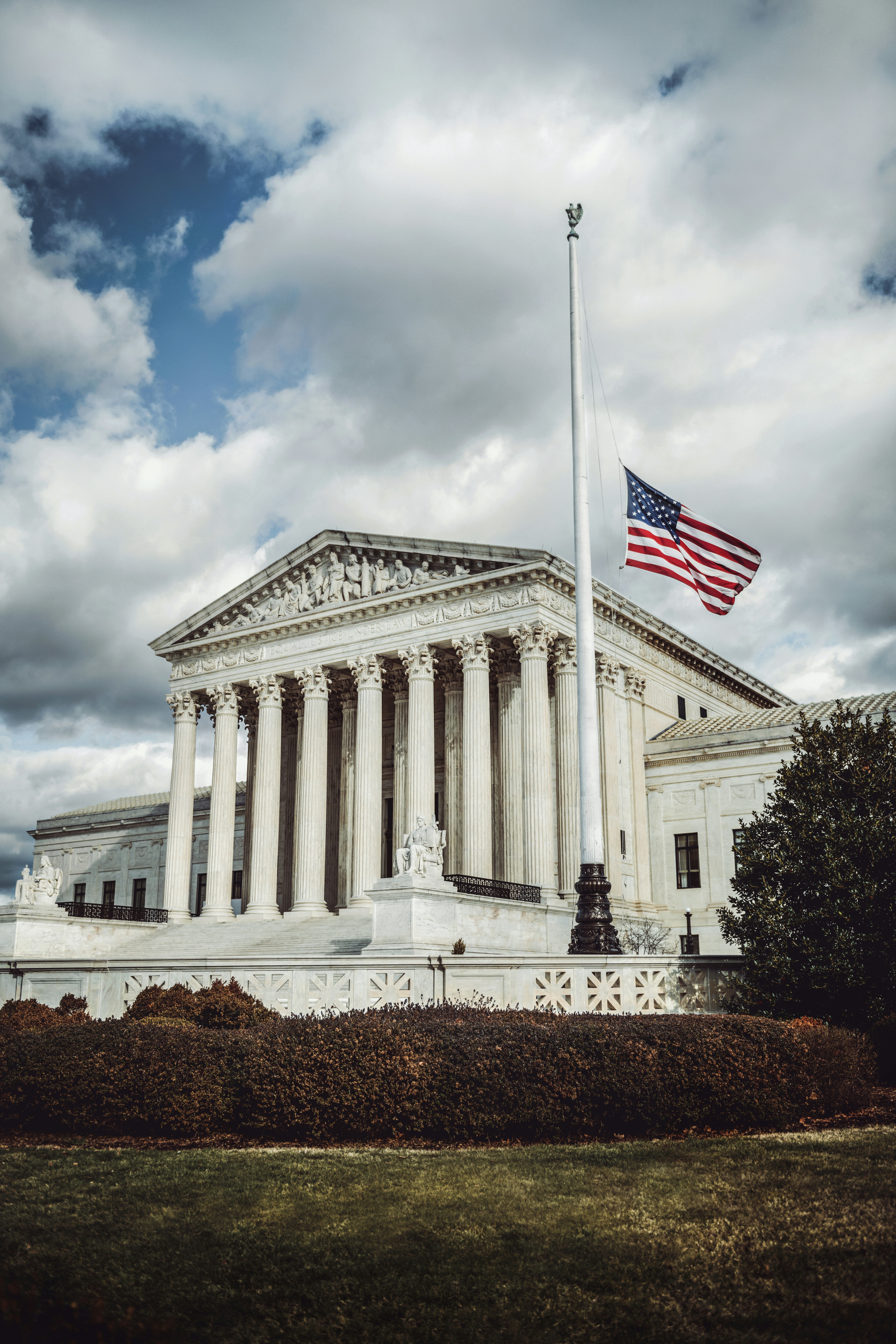The Federal Communications Commission’s (“FCC”) one-to-one consent rule is set to take effect next month. The United States Court of Appeals for the Eleventh Circuit heard oral argument this week over a challenge to the rule brought by Insurance Marketing Coalition Limited. The challengers were greeted with judges who appeared more than sympathetic to their concerns that the FCC had overstepped its authority in seeking to impose new restrictions related to the Telephone Consumer Protection Act’s (TCPA) consumer consent requirements.
Why Were the Judges Skeptical as to the Propriety of the One-To-One Consent Rule?
During the argument before the Eleventh Circuit, there was apparent consensus that the FCC has the authority to pass rules to implement the TCPA’s consent requirements insofar as setting standards for what constitutes sufficient consent (think, real-time clear and conspicuous written disclosures). The main concern that the Appellate Court seemed to express, however, was that the FCC’s one-to-one consent rule effectively rewrites the TCPA, rather than appropriately implementing it. Specifically, the judges seemed to believe that the FCC went too far and had acted to infringe upon the statutory right of consumers to provide consent to receive telemarketing calls and text messages.
Echoing complaints of the telemarketing industry, the panel of judges (at least two of the three) was particularly concerned with the fact that the one-to-one consent rule had the effect of punishing consumers (especially consumers who want to be able to provide consent to multiple callers or sellers at the same time) instead of the agency simply using its enforcement powers to punish “bad actors” who do not otherwise comply with the TCPA as written.
The judges indicated that if the FCC believed that consumers face a public problem regarding the scope of consent provided on lead generation websites, the appropriate governmental entity to address the issue is Congress and not the FCC. It is Congress’ role to write laws, after all, not federal agencies.
What Does this Mean for the Future of the One-to-One Consent Rule?
Litigation is inherently unpredictable, and forecasting how judges will decide a given issue is often a matter of guess work. Appellate judges often ask questions that, on the surface, seem to indicate their inclinations toward one position, but which are actually intended to probe for the weaknesses of that position. Listening to the argument over the challenge to the one-to-one consent rule might reasonably lead one to believe that not only will the Court stay the rule’s effective date, but that it will go even further and vacate the one-to-one consent requirement entirely. However, it would be unwise to alter compliance practices on the presumption that it is a foregone conclusion. Until definitively told otherwise, the one-to-one consent rule is still set to take effect on January 27, 2025. As such, businesses are well advised to work closely with counsel knowledgeable and experienced with telemarketing law compliance to prepare for the January 27, 2025 effective date.
If you need assistance with preparing for the January 27, 2025 TCPA 1-to-1 consent effective date, please call us at 212-246-0900 or email us at info@kleinmoynihan.com.
The material contained herein is provided for informational purposes only and is not legal advice nor is it a substitute for seeking legal advice from an attorney. Each situation is unique, and you should not act or rely on any information contained herein without seeking the advice of an experienced attorney.
Attorney Advertising
Photo by Tim Mossholder on Unsplash
Similar Blog Posts:
Chevron Deference Overruled! FCC to Curb TCPA Rulemaking?
Marketing Partner Lists, the FCC, and Telemarketing’s Future




